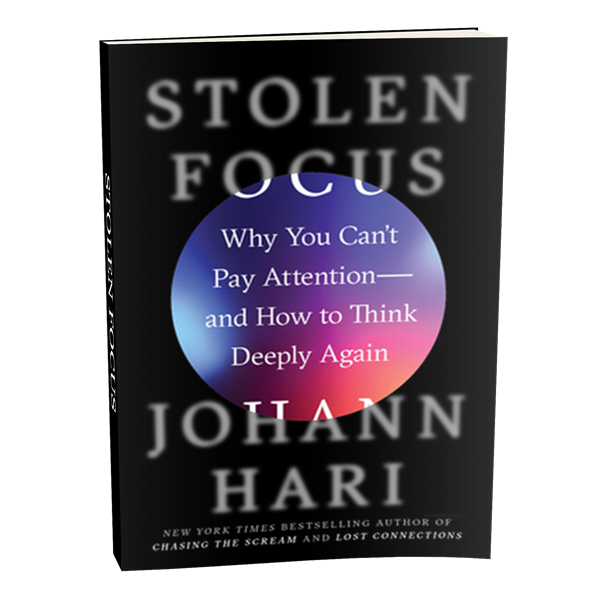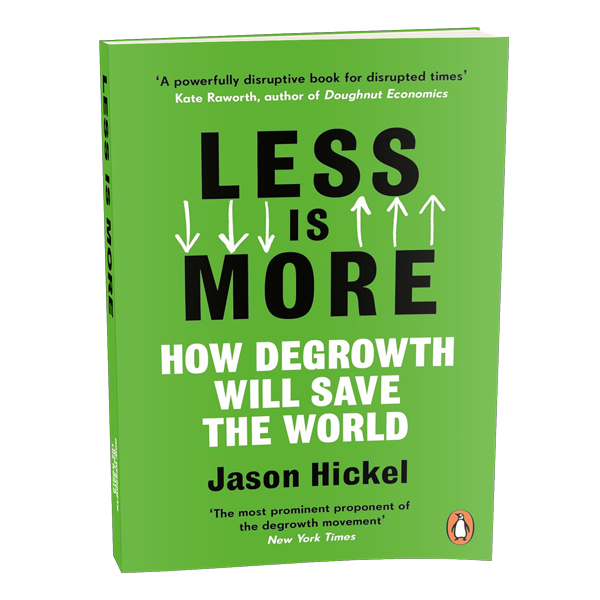
Stolen Focus
by Johann Hari
“Stolen Focus” by Johann Hari is a compelling and insightful exploration into the modern-day crisis of attention. Hari, known for his investigative journalism, delves deep into the reasons behind our dwindling ability to focus, proposing that the issue is far more systemic and widespread than individual failings.
The book starts by outlining the personal experiences of Hari and others, setting the stage for a broader examination of societal shifts. The author argues convincingly that our attention spans are being eroded by a variety of factors, including technology, social media, diet, sleep deprivation, and a high-paced, multitasking lifestyle that leaves little room for deep thought.
Hari’s approach is thorough and multifaceted. He travels the world, speaking to experts in neuroscience, psychology, technology, and education, weaving together a narrative that is as alarming as it is enlightening. Through these discussions, he paints a picture of a society engineered to distract, driven by economic forces that profit from our fragmented attention.
What sets “Stolen Focus” apart is its refusal to place the blame solely on individuals. Instead, Hari calls for systemic changes, suggesting that without altering the structures that demand and reward constant connectivity and immediacy, individual efforts to reclaim focus might be in vain. He offers practical solutions, both at personal and policy levels, which aim to restore our ability to concentrate and engage deeply with the world around us.
The book is well-researched and thought-provoking, presenting complex ideas in an accessible manner. Hari’s engaging writing style and the use of personal anecdotes make the statistics and studies cited throughout the book resonate on a personal level. This approach helps to connect readers with the material, making the issue of stolen focus feel immediately relevant and urgent.
In conclusion, “Stolen Focus” is a crucial read for anyone struggling with concentration in the digital age. It not only diagnoses the issues at hand but also provides a hopeful pathway towards reclaiming our cognitive autonomy. Hari’s book is an important contribution to ongoing conversations about how we live and interact with technology in the 21st century. It is a call to action, urging us to rethink how we manage our attention in a world that constantly seeks to fragment it.




